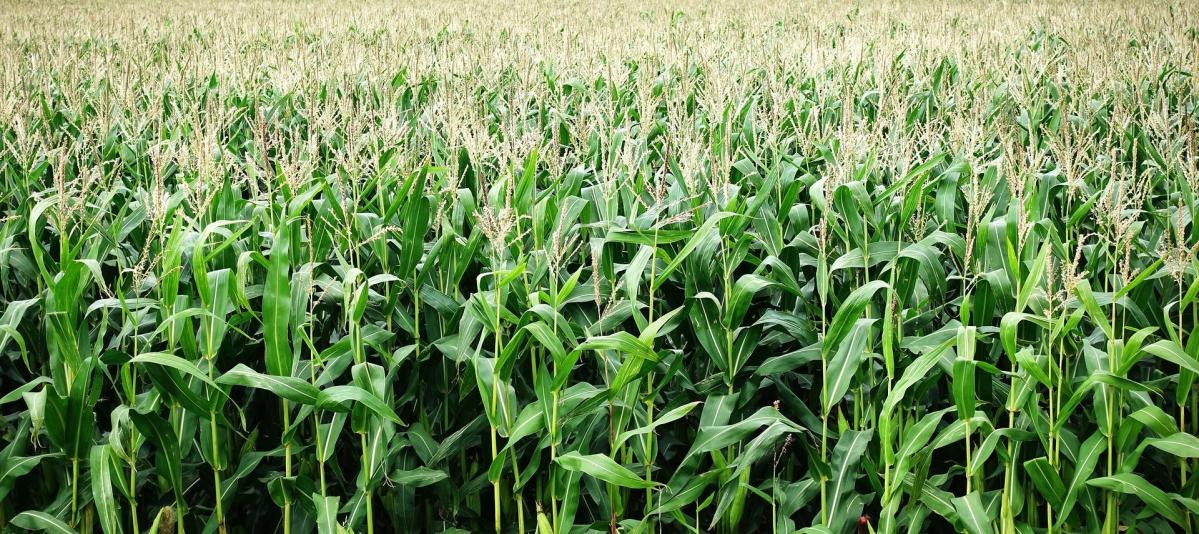An agricultural district provides protection for farmers from nuisance lawsuits, defer expensive development assessments until the land is changed to a non-agriculture use, and offers state scrutiny of local eminent domain acquisitions in certain cases.
Generally, any agricultural land designated as an agricultural district must meet two criteria.
The benefits of enrolling in an agricultural district include:
Nuisance suits protection - Agricultural district status can protect farmers from nuisance lawsuits as long as the farmer is following acceptable best management practices. This can serve as an affirmative defense in frivolous lawsuits for odors and noises associated with agriculture.
Deferring assessments - Another aspect of development that can impact a farm is the extension of water, sewer and electric lines. These lines are usually paid for by the landowner and often assessed on frontage. A farmer with extensive frontage could face costs large enough to require selling a portion of the farm. To prevent that, the law defers the assessments on agricultural district farmland, excluding the homestead, until the land is changed to another use or withdrawn from the agricultural district.
Scrutiny of eminent domain acquisitions - If eminent domain is used on 10 acres or 10 percent of the total agricultural district land, whichever is greater, the law calls for a review by the state director of agriculture to determine if an alternative to the proposed project is possible. The result might be a re-evaluation of the project with less or no agricultural land being taken.
A companion law is the current agricultural use valuation (CAUV) program. The CAUV provides relief on farmland property taxes.

